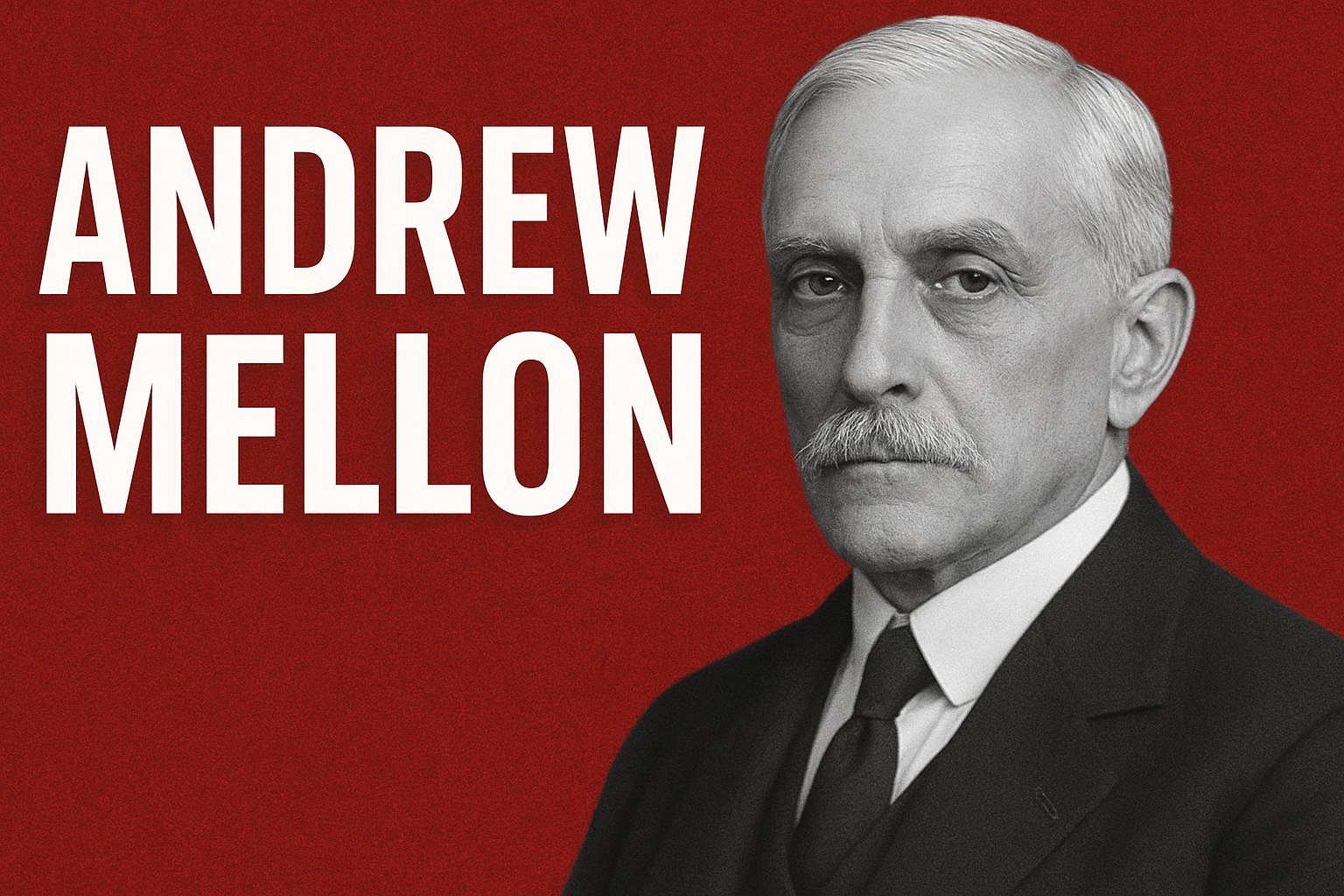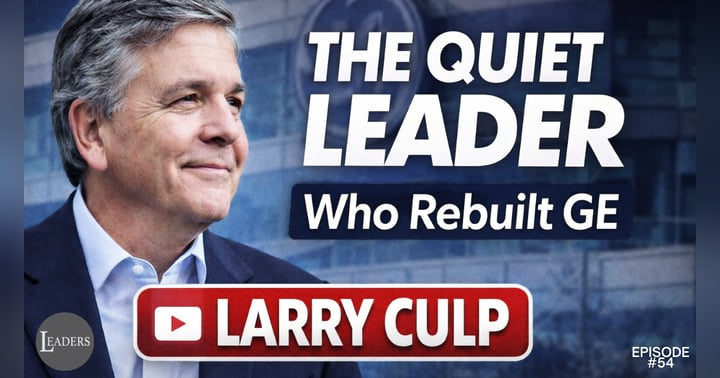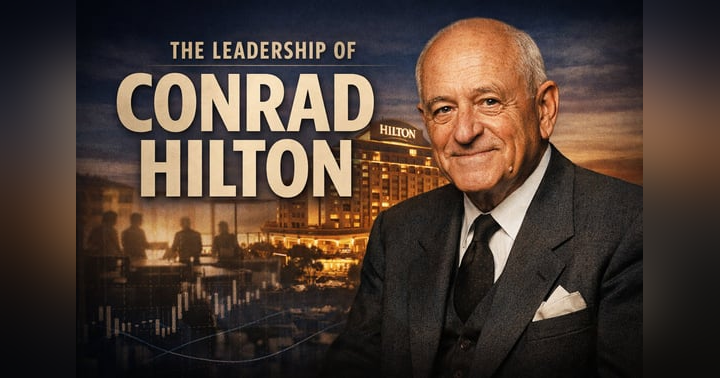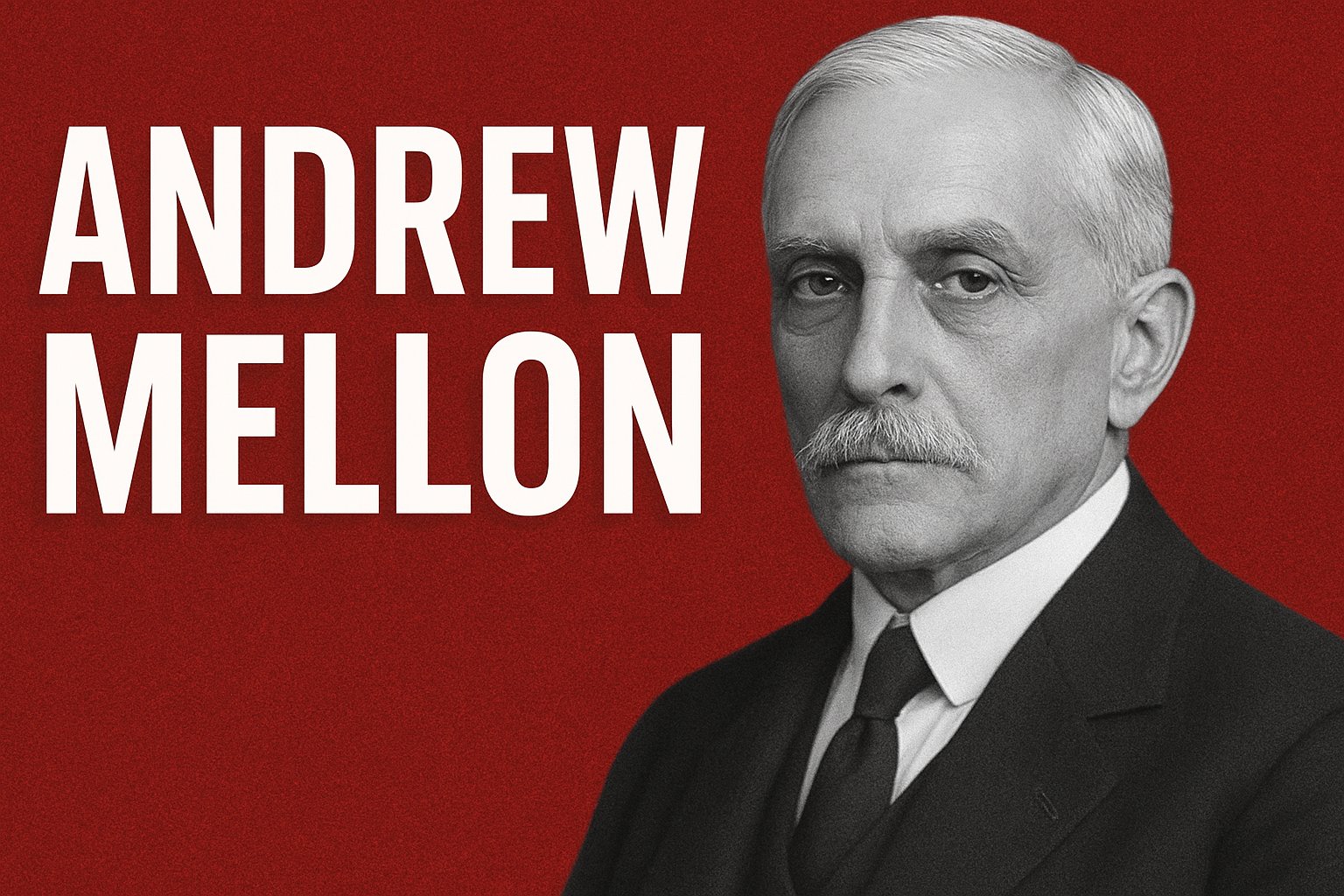Andrew Mellon’s Leadership Style: 5 Timeless Lessons for Modern Leaders

“Strong men don’t compromise, it is said, and principles should never be compromised.” — Andrew Mellon
That line sums up much of Mellon’s philosophy. He wasn’t flashy. He wasn’t loud. But he was deliberate, disciplined, and immensely effective. In fact, as U.S. Treasury Secretary during the 1920s, Mellon shaped fiscal policy that cut federal debt nearly in half while fueling economic growth. Whether you admire him or critique him, one thing is clear: his leadership style leaves us with lessons that still matter today.
1. Discipline Over Drama
Mellon believed in restraint. He rarely sought the spotlight, preferring careful financial management to public showmanship. Leaders today can borrow from this by resisting the constant pull toward visibility and instead focusing on measurable impact. The reminder here is simple: let results be the loudest thing in the room.
2. Long-Term Vision with Surgical Precision
Mellon championed tax cuts not just for political gain but because he believed in freeing capital for investment. His strategy was unpopular at first, but the payoff was undeniable in the short term. The takeaway? Leaders must sometimes endure criticism while holding steady on long-term bets. Don’t confuse being reactive with being responsive. Staying power is a competitive edge.
3. Pragmatism Over Perfection
He wasn’t obsessed with grand visions or sweeping declarations. Mellon acted more like a venture capitalist before the term existed—spotting promising industries, investing early, and nurturing growth. Steel, oil, banking, and aluminum all benefited from his eye for opportunity. For modern leaders, the lesson is pragmatic: you don’t need to predict the entire future, you just need to place smart bets and adapt quickly when the evidence shifts.
4. The Quiet Power of Delegation
Mellon trusted people. He built networks of managers and executives, handing them responsibility and expecting accountability. He didn’t micromanage. He also didn’t waste energy where others could excel. For leaders today, this is gold. The most underrated move is often stepping back so others can step up.
5. Steadiness in Storms
The 1929 crash stained Mellon’s reputation, but his calm, disciplined posture in crisis reveals another dimension of leadership. He didn’t scramble or make reckless moves to save face. Right or wrong, he stuck to principles. Leaders facing turbulence today should remember: frantic decisions rarely outperform a steady hand guided by clear priorities.
Final Thoughts
Andrew Mellon’s leadership wasn’t glamorous. It wasn’t built on charisma or inspirational speeches. It was built on discipline, pragmatism, and the courage to trust both people and principles. Leaders today—whether running a startup or steering a Fortune 500—can draw lasting lessons from that quiet, relentless style. Sometimes the strongest leader is the one who speaks least but delivers most








